This article is unlocked
If you enjoy this article, consider subscribing to gain access to weekly reports on Ecuador’s economics, politics, crime and more.
All good things. But, is it too early? Hard to say until we are a few weeks out from this and we can see if the rate of infection or the numbers of deaths spike. Even before The Cuenca Dispatch paused publishing, I was quite public about my opinion that the need for a lockdown was necessary. So, I’m not going to debate that here—I’m sure plenty of people will make comments online about how stupid I am or how I’ve supported destroying people’s lives.
However, I will say this about it. No matter where you fell on this issue, it was hard times for a lot of people. And a lot of people got sick and a lot of people died. The government puts out a daily chart (that was printed online in this newspaper last week) that gives all of the statistics. It is based on ACTUAL tests, not on some supposed anecdotal information. It’s really illuminating, and I suggest that everyone look at it whether you feel the quarantine was a good or bad idea. Here is the link.
One thing we can all agree on is that this pandemic, along with the oil battles between Russia and OPEC earlier in the year, threw Ecuador into an even deeper economic hole. It’s not pretty—probably not as bad as the US may end up being, but bad, nonetheless.
And it is this deeply concerning economic picture that has forced the national government (i.e., President Lenin Moreno) to impose serious cuts, asset sales (e.g., Tame Airline) and closures (several embassies worldwide) in an attempt to reduce its expenses. Two things it has been trying to do since last year—modify the labor laws and cut the fuel subsidies—are now coming into fruition because of the current situation.
A lot of people are up in arms about the budget cuts and the change to the labor laws, not so much to the fuel subsidies cuts (even though it caused a shut-down of the country last year). Understandably, no organization wants their budget cut. And especially in a socialist democracy, no one wants labor laws weakened.
Bu this is a time to finally face reality. Ecuador cannot afford everything it pays for. It does not have the money and taking out more IMF loans is not the answer for now, or the future. It must get its financial house in order. For his part, Moreno is (and has been) trying to do just that. Do people hate him for it? Yes! A recent poll showed that he now only has a 17% approval rating. What’s really amazing about this is that both the left and the right are attacking him for what he is doing.
The left is angry that he has “weakened” labor laws and made them more favorable to businesses. They are also pissed that large tax increase have not been put onto the rich. The right says the neither the labor law changes nor the budget cuts are enough. You know what that tells me? It tells me he’s doing something right! Because let’s face it, there is no pretty way to fix the problems he inherited, the ones he has helped cause, or the ones that force majeure brought to his doorstep.
But I for one think Moreno is making some very necessary changes if he wants this country to get back on its feet. As a former restaurant owner here, I will tell you that the labor laws were one of the biggest problems with trying to run a successful business.
Here is a case in point: we had an employee who was on contract (because we had all of our employees on contracts as is legally required) for his job with his hours being from 8:00 a.m. to 5:00 p.m.
He came to us after a month and asked us if he could come in late some days and stay late to make up for it. We said that was fine and he was coming in a couple of hours late a couple of days a week, whenever he needed to help with things at home in the morning. He then decided that he should get paid extra for the two hours that were bleeding into the evening (which requires employers to pay a different “nighttime rate”). We told him we didn’t think that was fair to us since he made the request and came and went as he pleased.
So, one day he stole the employee sign-in sheets, went to the Ministry of Labor with them and filed a complaint against us. He claimed we were forcing him to work overtime and not paying him for it. We were taken to a hearing, defended ourselves, and though the person in charge of our case agreed we were not unfairly treating the employee, we were forced, because of his contract, to pay him 2 hours EXTRA for those days he worked past 5.pm.; meaning he worked 6 hours and we ended up paying him for 10 hours. And, we were forced to pay it as overtime (time and a half) and at a nighttime rate. We were then fined also by the Ministry. The entire thing cost us over $2,700.
One of the changes in the labor law is going to allow employers to modify hours as needed, to hire workers for any needed number of hours per week. [Imagine, we could only hire people for either 20 hours or 40 hours per week. Need someone for 30 hours a week? Sorry, couldn’t do that.]
That’s a good thing. It will allow businesses as they try to recover, to do what works best to make the business successful. Businesses have to make a profit to stay open and to offer jobs (and a little-known fact here is that businesses that report taxable loss for three years in a row in Ecuador, are automatically closed by the government). Businesses are going to need a few breaks, from the government and from employees, if they are expected to help this country to dig out of its problems.
As for cuts across universities and other organizations in Ecuador, well, it’s time to wake up and smell the coffee. The government is broke. It does not have the money it had when its oil-based economy was booming. Do you want universities to remain open? Then they are going to have to accept cuts.
These are simple economic issues because Ecuador has simple economics. First, its commodity-based economy is in shambles. Its inferior grade oil is worth less than one-half of what it was 4 years ago. It’s been hit with a serious national crisis. And what a lot of people don’t take into account is that it does not have its own currency. So, it can’t float billions or trillions of dollars of debt, as the US is doing. It has to borrow the money, which only makes its long-term situation worse.
Oh yeah, and as for taxing the rich? Yes, I agree with it. The country did it after the earthquake and they are planning to do it again for this crisis. But just like you or I, when we have financial problems, we do two things: we try to bring in more money and we try to cut expenses. Both things have to happen for Ecuador to have any chance at success.
Moreno is stuck between a rock and a hard place here, and he is doing what he has to do to try to get out of it. And I am frankly happy to see his approval rating so low, because that tells me he is equally pissing off both liberals and conservatives. Something that would be great to see in the US and other countries (e.g., those in the EU) that are planning on floating more debt to get through the effects of the global economic shutdown.
I’m just sayin.’

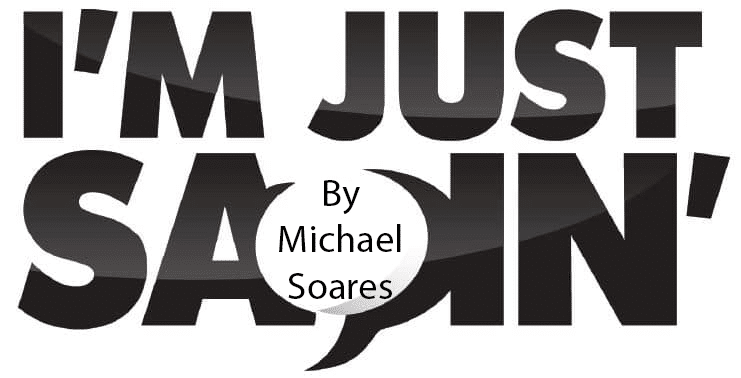

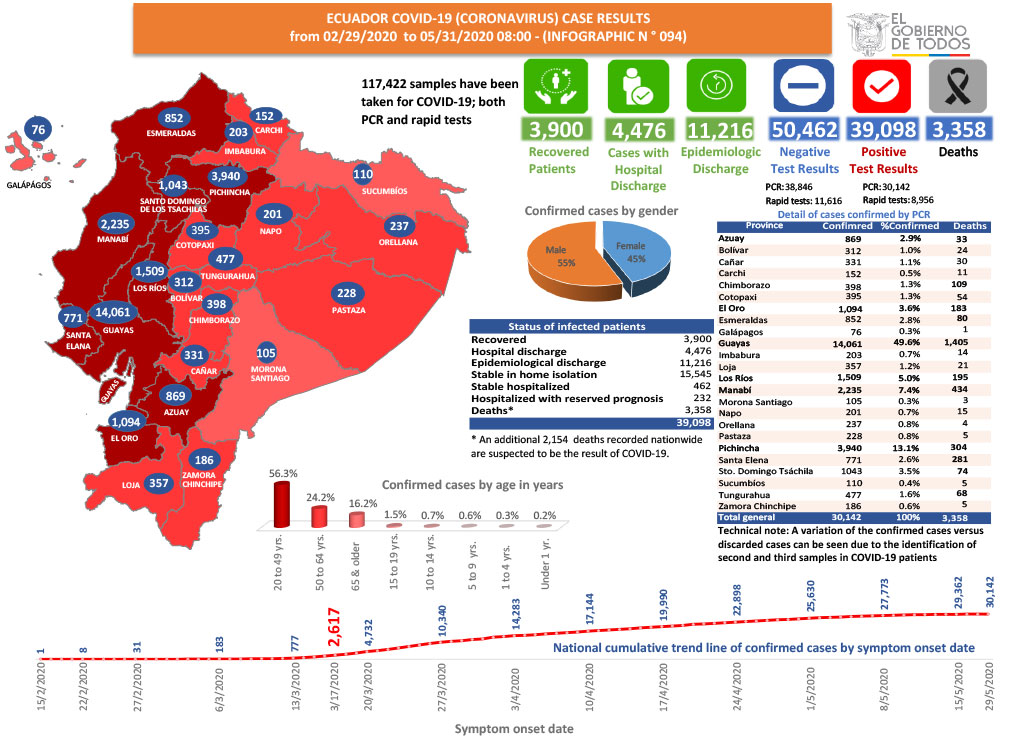
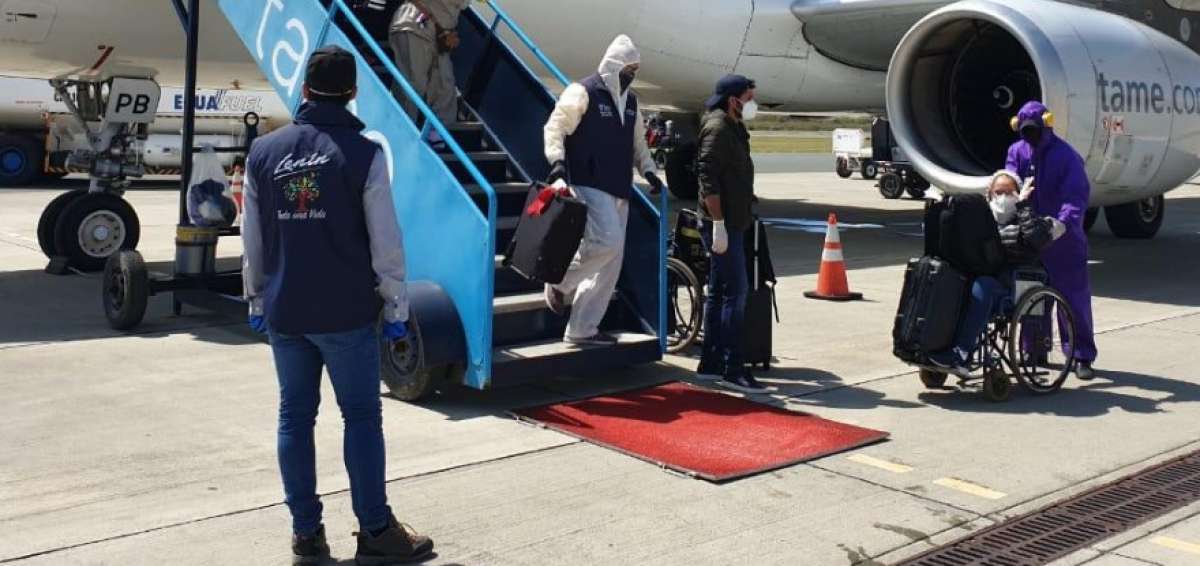
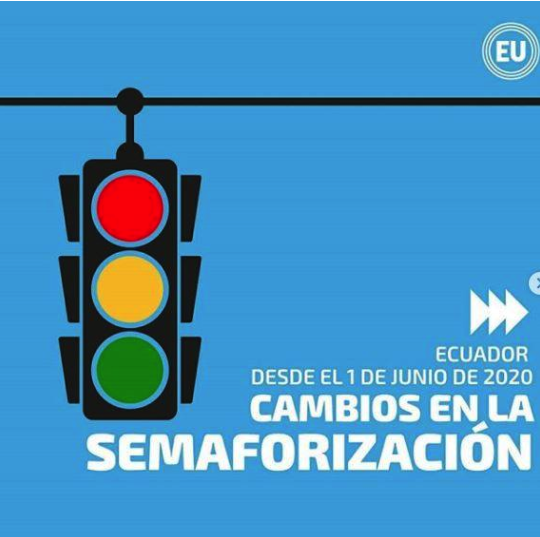
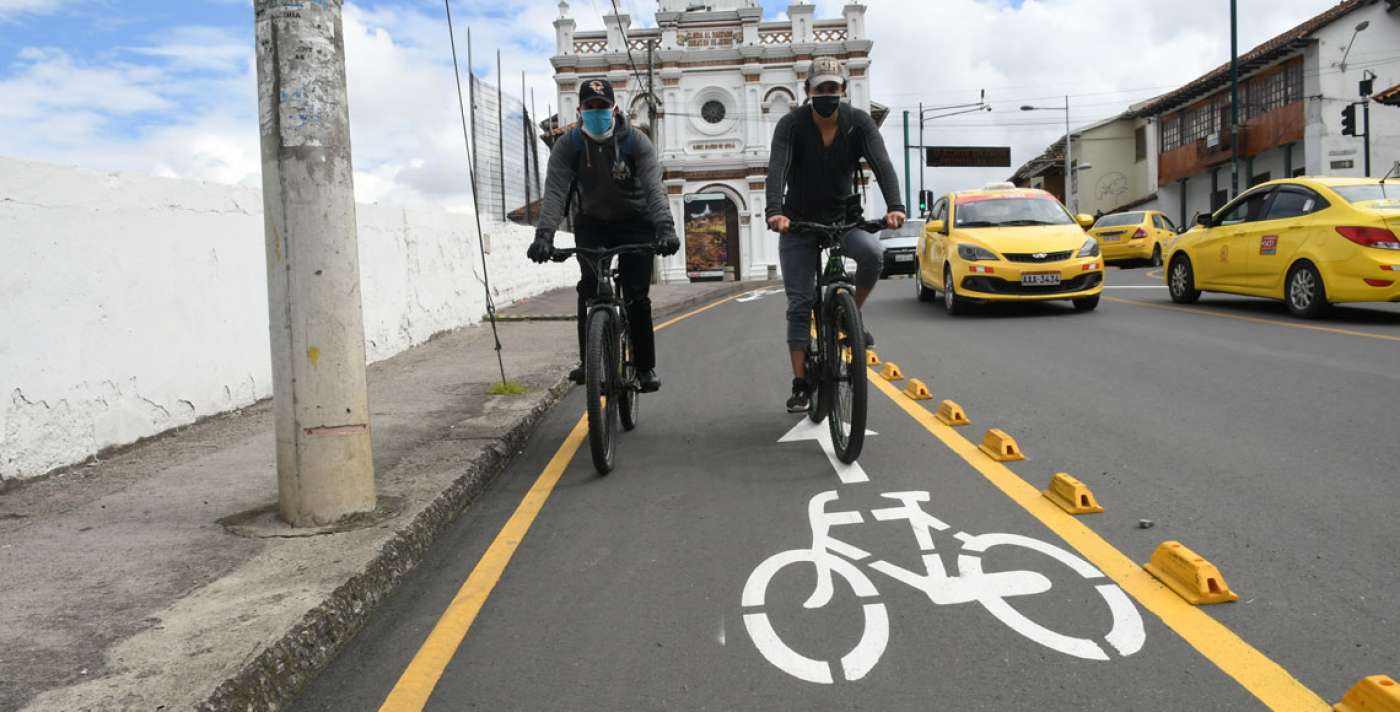
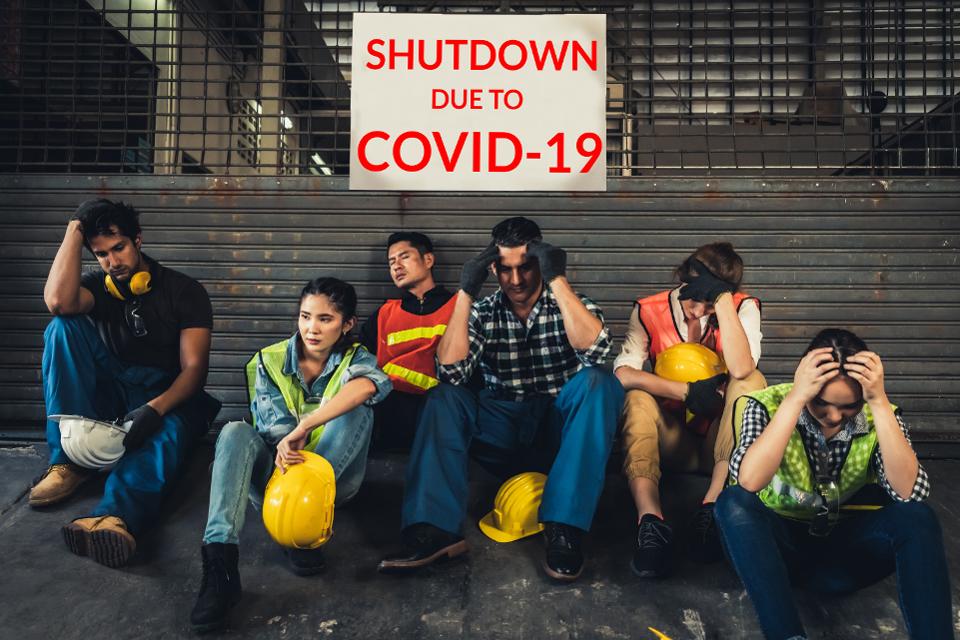
0 Comments